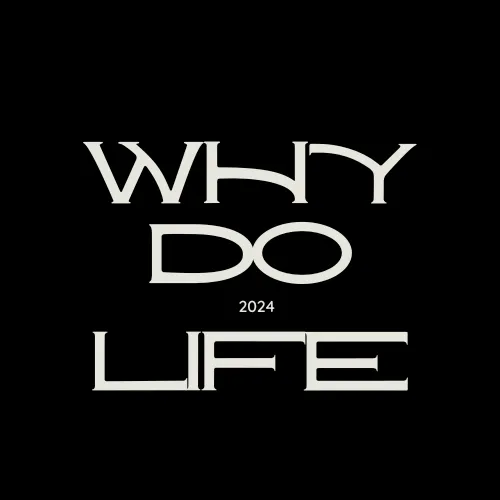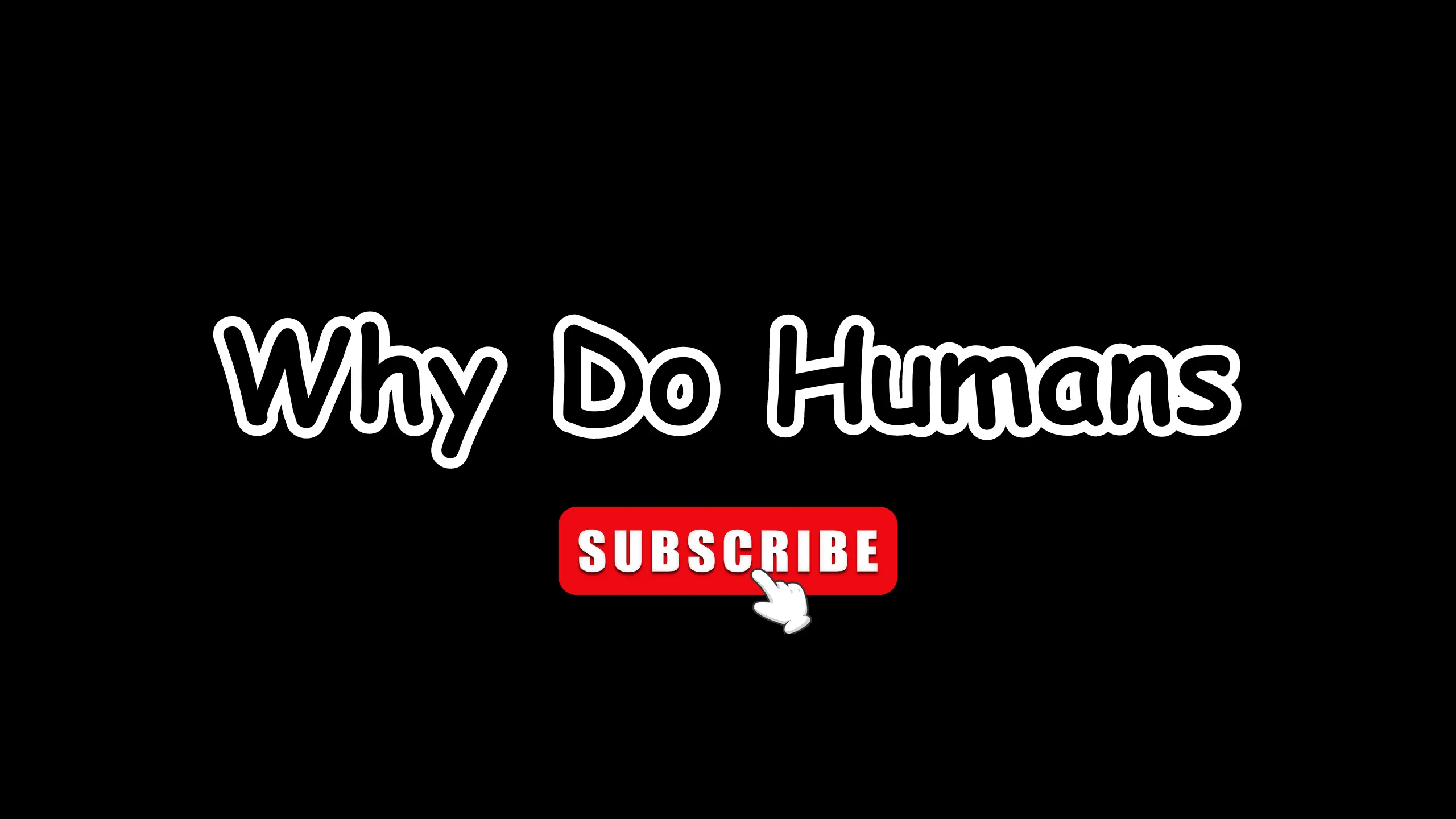Why Do Humans Hold Grudges? Understanding the Psychology of Resentment
Why Do People Hold Grudges
Have you ever been wronged by someone and found yourself clinging to anger and resentment long after the incident? You're not alone. Holding grudges is a common human experience. But why do we do it, and what are the consequences of clinging to the past?
The answer lies in the complex world of human psychology. Holding grudges can feel like a way to protect ourselves, a reminder of the hurt we've experienced. It can even provide a sense of righteousness and being "in the right.
Grudge Meaning: Unpacking the Emotional Baggage
A grudge is essentially a feeling of anger and resentment that festers over time. It often stems from a perceived or real transgression, a broken promise, or a hurtful act, unlike healthy anger, which is a temporary response, grudges become ingrained, replaying like a broken record in our minds.
This emotional baggage can weigh heavily, impacting our mental and physical well-being. A study published in the Journal of Personality and Social Psychology ([Randolph-Sengstack, Sandra, et al. “Associations Between Forgiveness, Anger Rumination, and Physical Health.” Journal of Personality and Social Psychology, vol. 101, no. 4, 2011, pp. 774–792.] found a correlation between holding grudges and increased inflammation, a risk factor for various health problems.
How to Let Go of a Grudge: Breaking Free from the Cycle of Resentment
While holding grudges might feel justified in the moment, it ultimately harms us more than the person we're angry with. Letting go of a grudge is an act of self-care. It allows us to move forward and free ourselves from the emotional prison of resentment.
Here are some strategies to help you release a grudge:
- Acknowledge your feelings: The first step is to acknowledge your anger and hurt. Stuffing down emotions will only prolong their hold on you.
- Consider the other person's perspective: Was it a malicious act, or a misunderstanding? Sometimes seeing things from another viewpoint can help foster empathy and understanding.
- Practice forgiveness: Forgiveness doesn't mean condoning the other person's actions, but rather releasing yourself from the emotional burden. "Fred Luskin, Ph.D, How To Forgive [1] a forgiveness researcher, suggests viewing forgiveness as "giving up the hope for a better past."
ADVERTISEMENT
Is It Healthy to Hold a Grudge? The Mental Health Effects of Holding a Grudge
Holding onto grudges can have a significant impact on your mental health. Studies have shown a link between chronic anger and anxiety, depression, and even high blood pressure (Mayo Clinic, Forgiveness: Letting Go of Grudges and Bitterness)[2].
The constant rumination about past hurts fuels negativity, hindering your ability to experience joy and build positive relationships.
The Benefits of Forgiveness: Reclaiming Your Peace
Letting go of a grudge doesn't erase the past but allows you to reclaim your present.
Here are some of the benefits of forgiveness:
- Reduced stress and anxiety
- Improved sleep quality
- Lower blood pressure
- Stronger immune function
The Psychology of Holding a Grudge: Understanding the Roots of Resentment
So why do we hold grudges despite the negative consequences? Here's a look at the psychology behind grudge-holding:
- Protection: Sometimes, clinging to anger is a way to protect ourselves from future hurt.
- Sense of justice: We may hold onto a grudge because we believe the other person deserves to be punished.
- Self-identity: In some cases, our sense of self becomes intertwined with the experience of being wronged. Letting go can feel like giving up a part of ourselves.
Moving Forward: Breaking Free from the Grudge Trap
While letting go of a grudge can be challenging, it's a worthwhile pursuit. Remember, forgiveness is a journey, not a destination. Be patient with yourself, and celebrate your progress, no matter how small.
Here are some resources to help you on your path to forgiveness:
- The Greater Good Science Center at the University of California, Berkeley: (Read here)
- The Mayo Clinic: Forgiveness: Letting Go of Grudges and Hurts (Read here)
- American Psychological Association: Forgiveness (Read here)
- Greater Good Science Center: The Science of Forgiveness: (Read here)
Want to explore more fascinating human quirks? Subscribe to our Youtube Channel "Why Do Humans...?" We're diving deep into the strange (and sometimes wonderful) world of human behavior!



